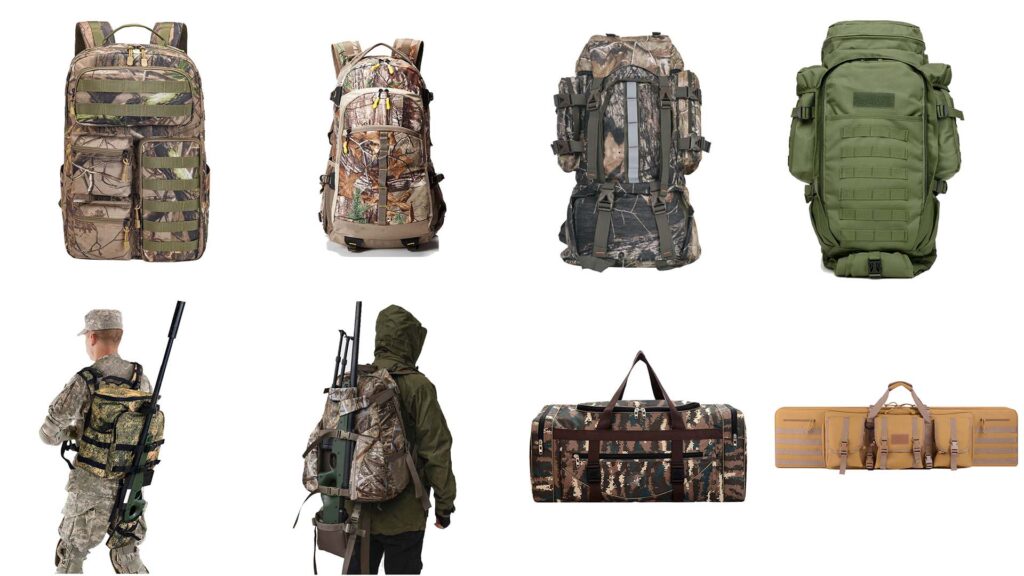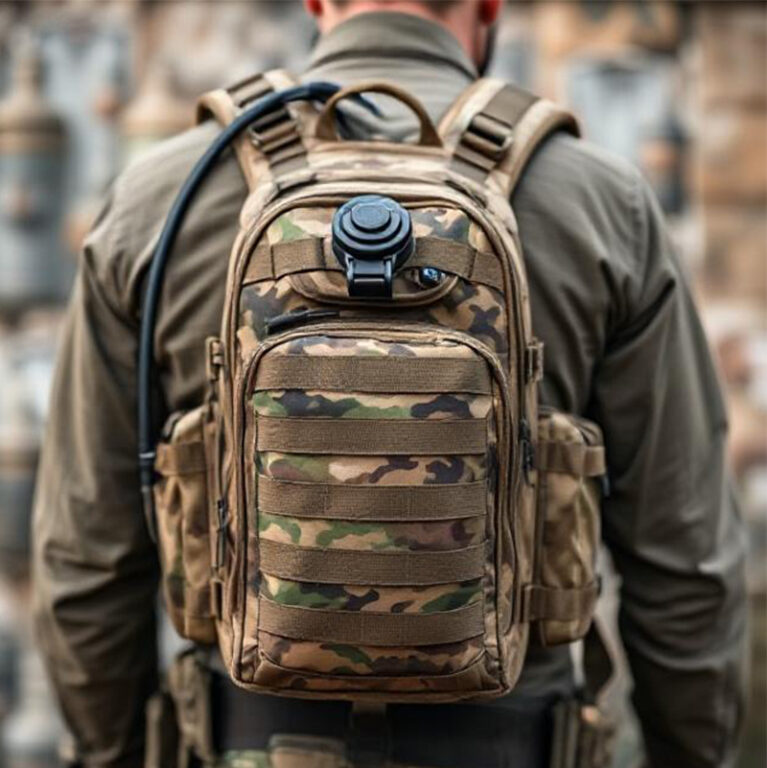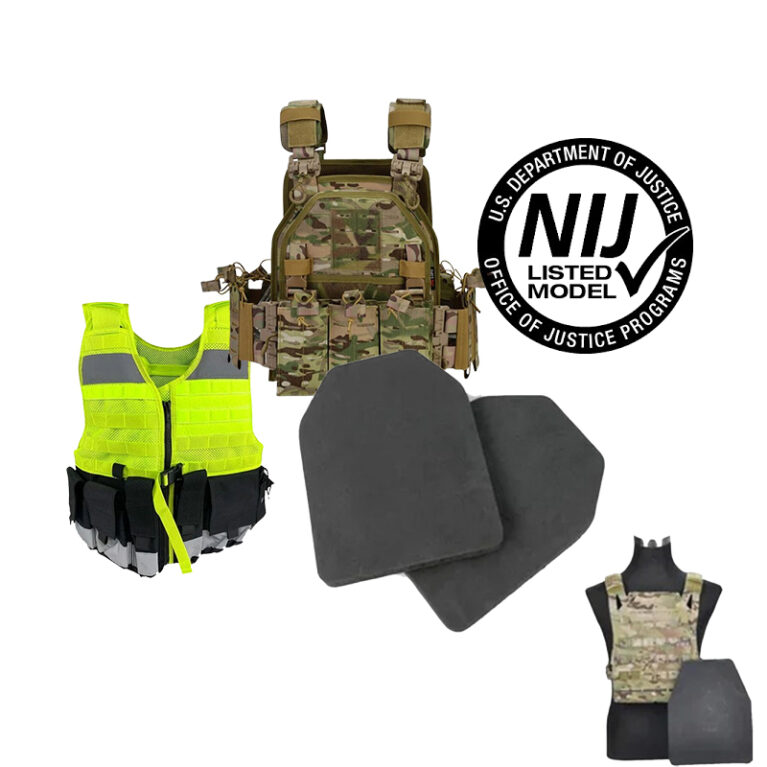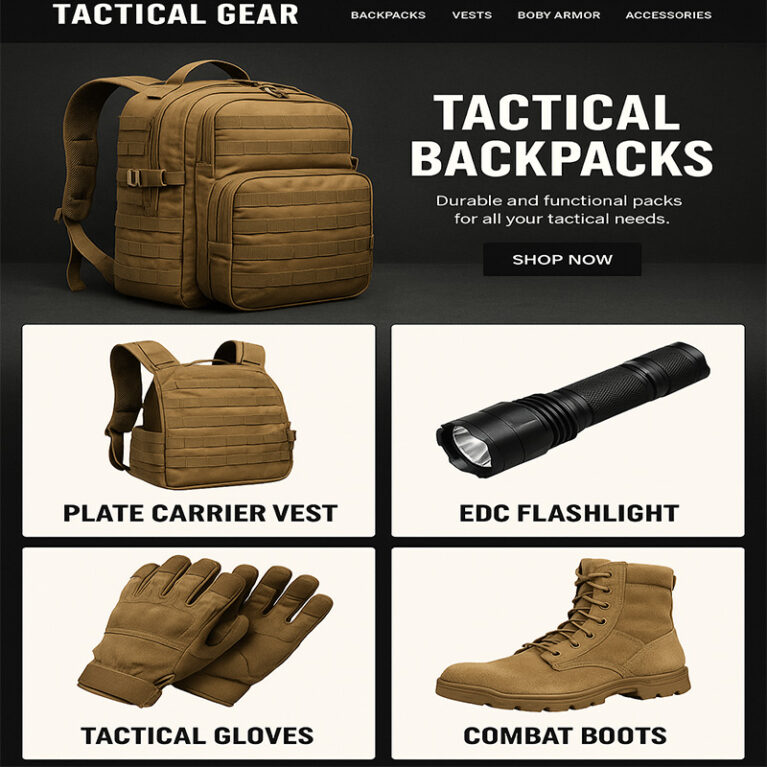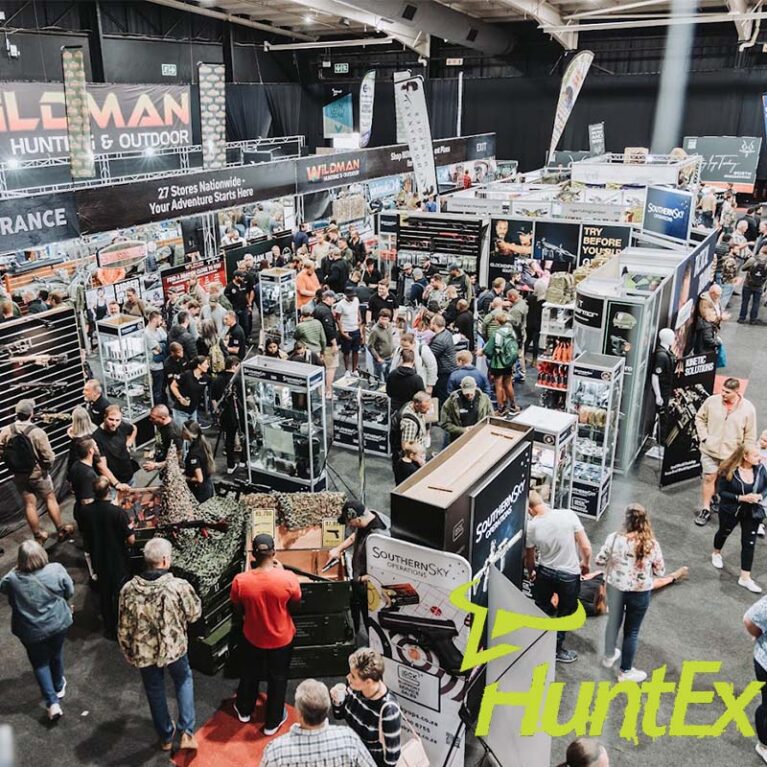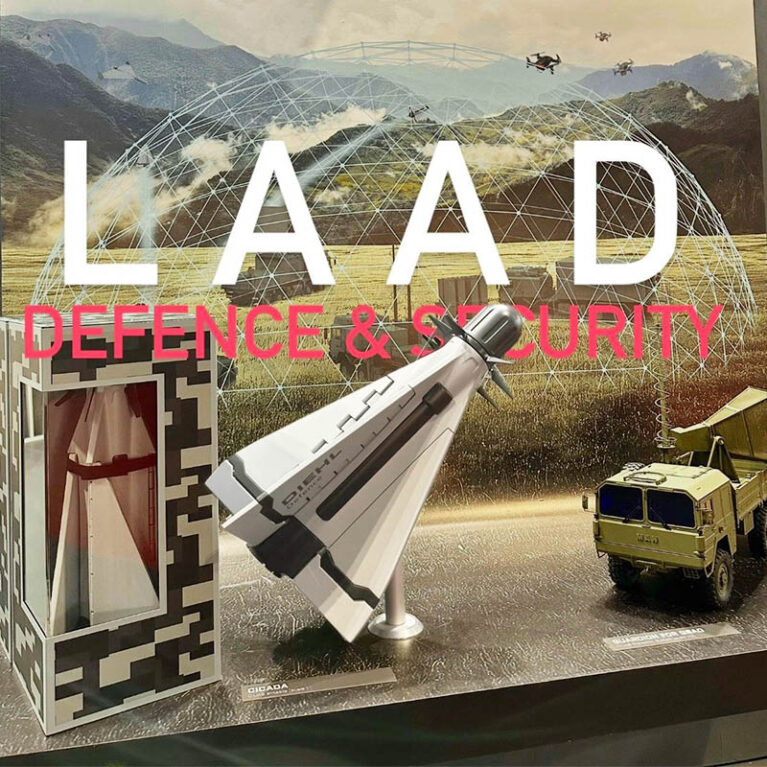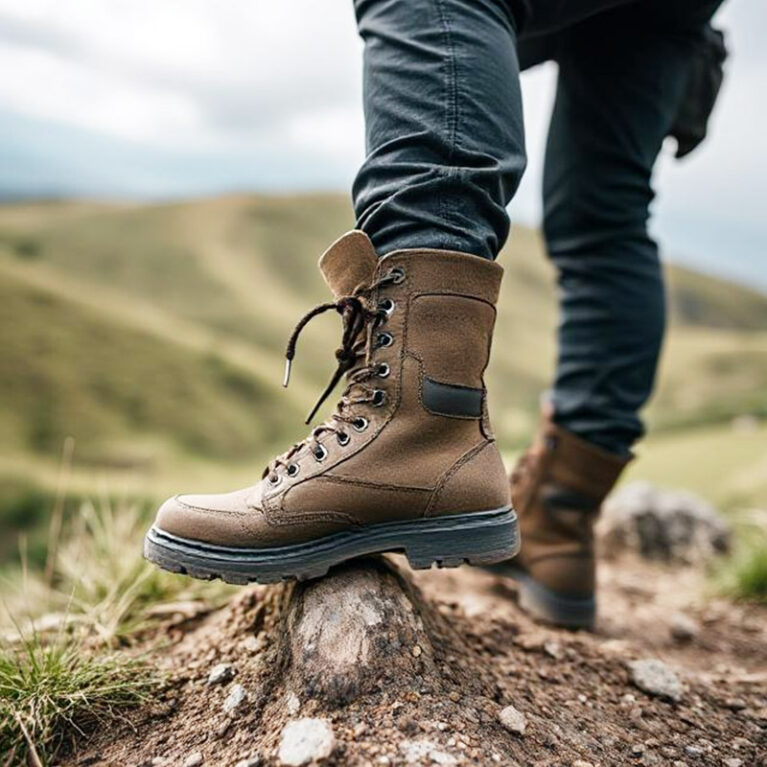Jim Aegis, a novice hunter, sat down with his mentor, Mark Higgins, a seasoned hunter with over 20 years of experience. Jim had a lot of questions about hunting gear, and Mark was more than happy to share his knowledge.
1.What type of hunting gear do I need for my first hunt?
Jim: "Mark, I'm getting ready for my first hunt, but I'm not sure what gear I need. Can you help me out?"
Mark: "Absolutely, Jim. For your first hunt, you'll need a reliable firearm or bow, depending on what you're comfortable with. Don't forget the ammunition or arrows. A hunting license is a must, too. Camouflage clothing that matches your environment is key, and scent-blocking gear can help you stay undetected. Oh, and invest in sturdy, waterproof boots with good traction—you'll thank me later."
Jim: "What about other essentials?"
Mark: "Good question. Pack a hunting backpack with water, snacks, a first-aid kit, a knife, and field dressing tools. Optics like binoculars and a scope are great for spotting and aiming.”
Jim: "OK, I'll note it down."
Mark: "And Don't forget a headlamp or flashlight, a map or GPS, and a way to communicate, like a phone or radio. If you're hunting from an elevated spot, a tree stand or ground blind can be a game-changer. Safety first, though—wear blaze orange and know the local regulations."
Mark: "I have made a table of essential hunting gear. You will find it very useful.” Click here to download the PDF file.
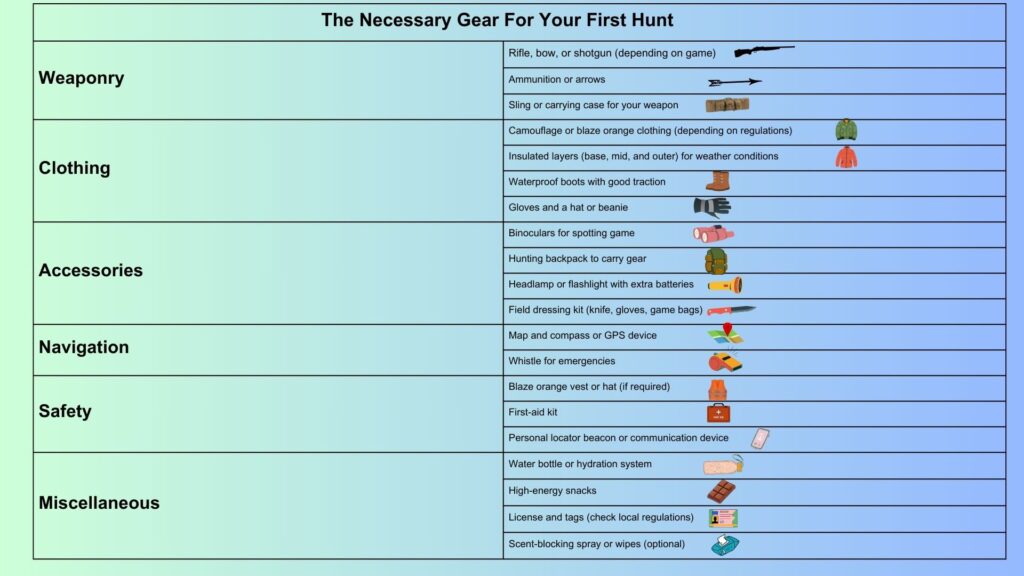
2.What clothing is essential for different hunting conditions?
Jim: "Speaking of clothing, what should I wear for different hunting conditions?"
Mark: "It depends on the weather, Jim. For cold-weather hunting, start with moisture-wicking base layers, add insulating mid-layers like fleece or down, and top it off with a waterproof, windproof outer shell. Don't forget insulated gloves, a warm hat, and thermal socks. In wet conditions, waterproof boots, rain pants, and a breathable rain jacket are lifesavers."
Jim: "What about warm weather?"
Mark: "For warm weather, go for lightweight, breathable camouflage clothing. Moisture-wicking shirts, convertible pants, and a wide-brimmed hat will help you stay cool. In any condition, wear blaze orange if It's required for safety. Layering is your best friend—it lets you adapt to changing weather. And if you can, get scent-blocking fabrics to avoid spooking game."
3.How do I choose the right hunting boots?
Jim: "I've been looking at hunting boots, but there are so many options. How do I choose the right ones?"
Mark: "It's all about the terrain and weather, Jim. For rugged terrain, get boots with ankle support and durable soles. If It's wet or muddy, waterproof boots with deep treads are a must. In cold weather, insulated boots with thick linings will keep your feet warm."
Jim: "What about fit?"
Mark: "Make sure they fit snugly but leave room for thick socks. And break them in before your hunt—blisters are no fun. Look for breathable materials to prevent sweat buildup, and consider the weight. Lighter boots are better for long hikes. Quality and durability are key, especially in harsh conditions."
4.What optics (binoculars, scopes) do I need?
Jim: "I've heard optics are important. What kind of binoculars and scopes should I get?"
Mark: "For binoculars, go for an 8x42 or 10x42 model. They're versatile and great for spotting game in different conditions. Look for durable, waterproof designs with anti-fog coatings."
Jim: "And scopes?"
Mark: "For rifle scopes, choose one with variable magnification, like a 3-9x40. It gives you flexibility at different ranges. Make sure it has clear optics, reliable adjustments, and is compatible with your firearm. Features like illuminated reticles are handy in low light. Good optics can make a huge difference in your accuracy and overall experience."
5.How do i choose my hunting backpack?
Jim: "I need a hunting backpack, but I'm not sure what to look for. Any tips?"
Mark: "Sure thing. Think about capacity, comfort, and functionality. For day hunts, a 20-30 liter pack should do. For multi-day trips, you'll need 40+ liters. Look for adjustable shoulder straps, a padded waist belt, and breathable back panels for comfort."
Jim: "What about organization?"
Mark: "Multiple compartments are a must for keeping things organized. External attachment points are great for other hunting gear like trekking poles or game bags. Waterproof or water-resistant materials are ideal, and features like a hydration bladder or quiet fabric can be really helpful. Just make sure it fits your body well and meets your needs."
6.What's the best way to carry my gear in the field?
Jim: "How should I carry all my gear in the field?"
Mark: "A well-organized hunting backpack is your best bet. Use the compartments to separate items like ammunition, food, and field dressing tools. External attachment points are great for bulky gear."
Jim: "What if I have a lot of heavy gear?"
Mark: "For heavy loads, make sure your pack has a sturdy frame, padded shoulder straps, and a waist belt to distribute the weight. If you're transporting large game, consider a game cart or sled. Keep frequently used items, like water or a GPS, easily accessible. And go for a compact, lightweight design with quiet fabric—you Don't want to spook the game."
7.How do I stay warm during cold-weather hunts?
Jim: "I'm a little worried about staying warm during cold-weather hunts. Any advice?"
Mark: "Layering is key, Jim. Start with a moisture-wicking base layer to keep sweat off your skin. Add an insulating mid-layer like fleece or down, and finish with a waterproof, windproof outer shell."
Jim: "What about extremities?"
Mark: "Insulated gloves, a warm hat, and thermal socks are a must. Hand and foot warmers can give you an extra boost. Stay active to generate body heat”
Jim: "What else?”
Mark: " Don't overdo it—sweating too much can make you colder. Bring a thermos with a hot drink and some high-calorie snacks to keep your energy up. And if It's really cold, consider a heated vest or jacket."
8.What type of knife is best for field dressing?
Jim: "What type of knife should I use for field dressing?"
Mark: "A fixed-blade knife is your best bet. It's strong and easy to clean. Go for a blade length of 3-4 inches—it gives you precision and control. High-quality stainless or carbon steel is ideal for durability and sharpness."
Jim: "Any special features?"
Mark: "A gut hook is handy for opening the abdomen without puncturing organs. Make sure the handle gives you a secure grip, even when wet. Folding knives can work, but They're harder to clean. And always carry a sharpening tool to keep the blade sharp during the process."
9.How do I choose the right tree stand or ground blind?
Jim: "I'm thinking about using a tree stand or ground blind. How do I choose the right one?"
Mark: "For tree stands, think about safety, comfort, and ease of setup. Hang-on stands are lightweight and portable, while ladder stands are more stable and comfortable for long sits. Make sure it has a safety harness and is rated for your weight."
Jim: "What about ground blinds?"
Mark: "Ground blinds are all about concealment and space. Look for durable, weather-resistant materials and windows that let you shoot easily. Choose one that blends into your environment and has enough room for you and your gear. Both options depend on your hunting style, terrain, and the game you're after. Just remember to practice setting it up before the hunt."
10.Where can I buy affordable and reliable hunting gear?
Jim: "One last question - where can I find affordable, reliable hunting gear?"
Mark: "Jim, you have a lot of choices. outdoor retailers like Cabela's, Bass Pro Shops and Sitka Gear often have sales and clearance sections. Online marketplaces like Amazon and eBay are great, but read the reviews to make sure you're buying quality gear."
Jim: "I also want to get into the hunting business. I want to start an online shop, do you have any recommendations for good hunting gear suppliers?"
Mark: "You are so smart because hunting gear is a great business opportunity. You can Google for hunting gear factories in China because a lot of this gear is made in China. There are a lot of great factories in China like Lupu"
Jim smiled, feeling much more prepared for his first hunt. "Thanks, Mark. I couldn't have done this without you."
Mark clapped him on the back. "Anytime, Jim. That's what mentors are for. Now, let's get you out there and make some memories."

